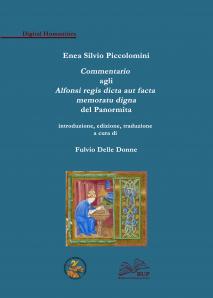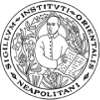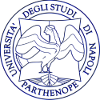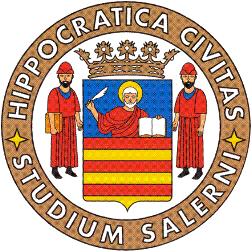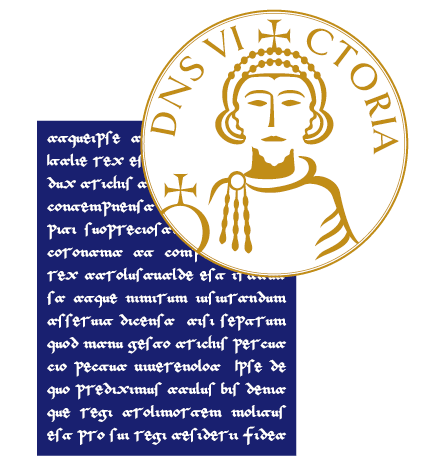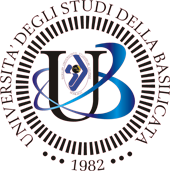Commentary on Alfonsi regis dicta aut facta memoratu digna by Antonio Panormita: introduction, edition, and translation by Fulvio Delle Donne
Keywords:
Humanism, Monarchical Humanism, Crusade, Alfonso the Magnanimous, PanormitaSynopsis
Series: Digital Humanities, 9
Pages: 232
Language: Italian, Latin
Published: 2024
ISBN: 978-88-31309-37-0
Abstract: On April 22, 1456, Enea Silvio Piccolomini (the future Pope Pius II) completed his Commentary on Alfonsi regis dicta aut facta memoratu digna, which had been written the previous year (immediately following August 26) by Antonio Beccadelli, known as Panormita. Panormita was a prominent figure at the court of Alfonso the Magnanimous, King of Aragon and Naples, and a key organizer of his “propaganda.” The atmosphere was fraught with fears and expectations: on May 29, 1453, Constantinople had fallen after a long siege by Mehmed II, and King Alfonso had recently made a solemn promise to lead a crusade against the Turk.
Drawing inspiration from an ideologically structured text, such as that of Panormita, Piccolomini sought not only to exert political pressure for the realization of a crusade – which ultimately remained unfulfilled – but also to contribute to the development of a new literary form. This was the narratio brevis with a humorous tone, which was being redefined during those years. It evolved not only through the original works of contemporaries like Poggio Bracciolini and Panormita but also under the influence of illustrious examples found in ancient Greek authors (such as Plutarch and Xenophon), whose works were being retranslated at the time. These classical authors were regarded as exemplary models for defining the political and ideological virtues of the ideal prince.
Digital edition in XML and PDF, with the first italian translation.
Downloads
